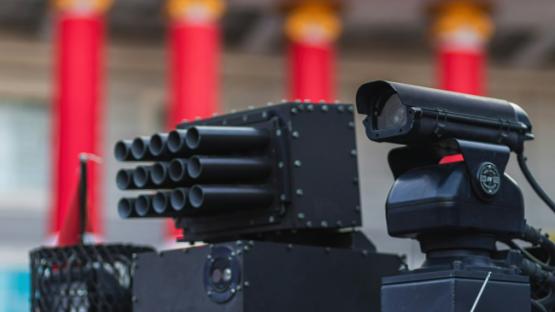
Photo by krisna azie on Unsplash
PI's response to the call for input to the study of the UN Human Rights Council Advisory Committee on human rights implications of new and emerging technologies in the military domain
In this submission, we:

Photo by krisna azie on Unsplash
Privacy International welcomed the opportunity to provide input to the study of the UN Human Rights Council Advisory Committee on the human rights implications of new and emerging technologies in the military domain (NTMD) to be presented to the Human Rights Council at its sixtieth session.
In the course of our work, we observe that the line between military and civilian technologies is blurring. Governments are increasingly relying on the very same technologies for military and civilian uses. It is often the case that technologies deployed in the military domain find their way in civilian contexts. The reverse is also true, particularly in relation to the development and deployment of surveillance technologies. Also, many NTMDs, like other existing and emerging technologies, are data driven: they rely on the processing of vast amounts of data, including personal data, to operate. Hence the protection of the right to privacy, including the protection of personal data, is paramount.
Finally, an emerging nexus of private capital and defence funding is developing for the deployment of militarised and security-oriented technologies. Such initiatives rely on public-private partnerships, which raise specific concerns related to democratic accountability and human rights.
This submission provides an overview of the legal frameworks, human rights challenges, and potential risks associated with the design, development, deployment, and use of NTMDs. It focuses primarily on the privacy and data protection issues that arise in this context, highlighting key domestic regulatory gaps. It then highlights concerns about the right to equality and non-discrimination in the design and use of NTMDs. It further explores the roles, risks, and responsibilities of private entities in the development and deployment of these technologies. A significant focus of the submission turns on PI’s work that highlights the blurred lines between new technologies emerging in the military and civilian domains, with a particular emphasis on facial recognition technology (FRT), data analytics, and drones. Finally, the submission discusses the crucial role of civil society in relation to NTMDs, advocating for greater transparency, accountability, and regulation.